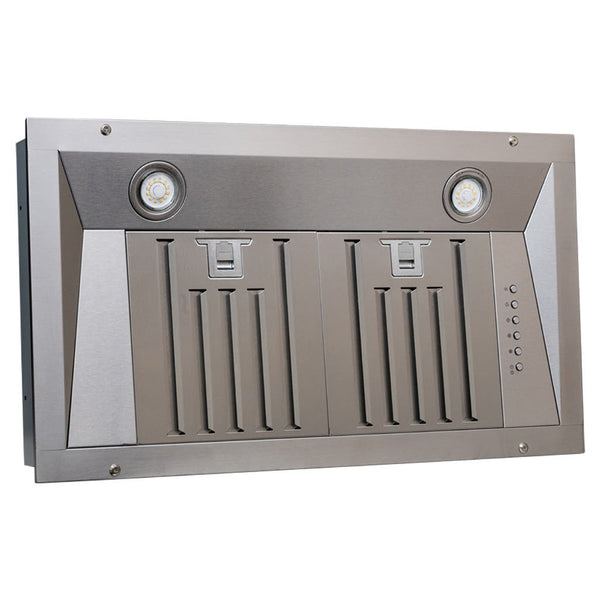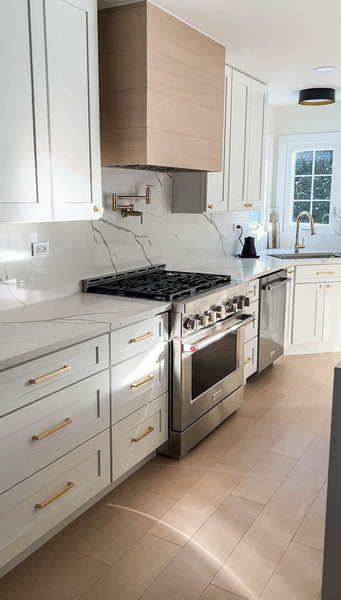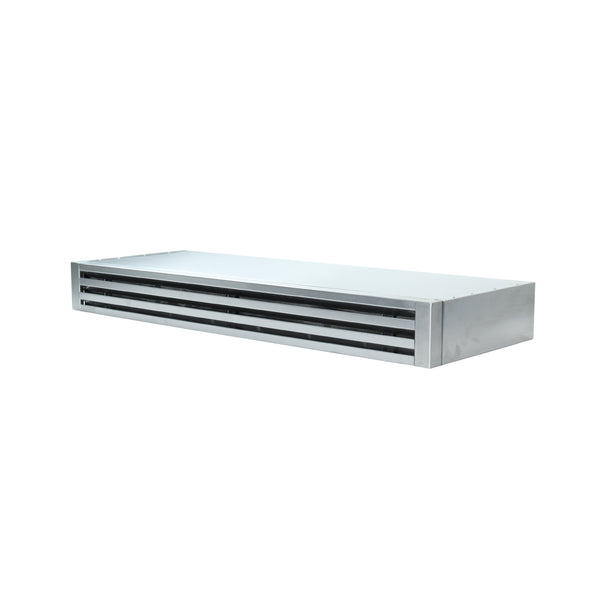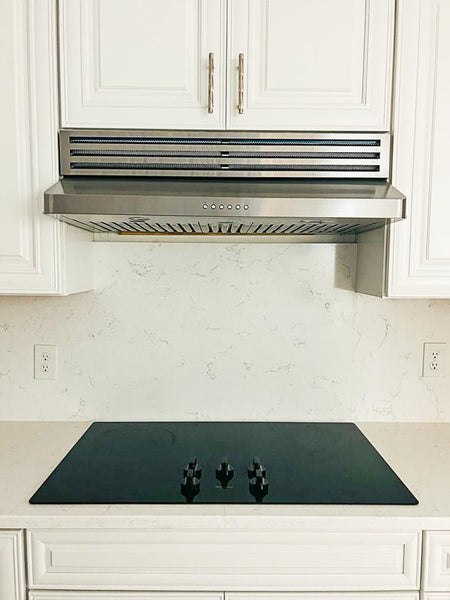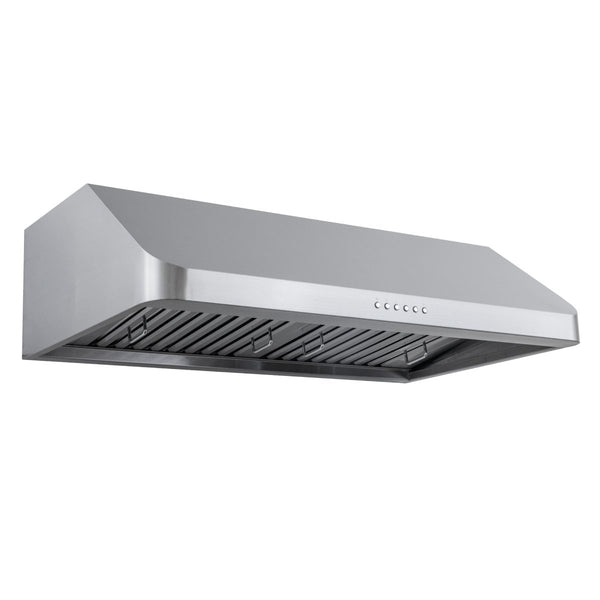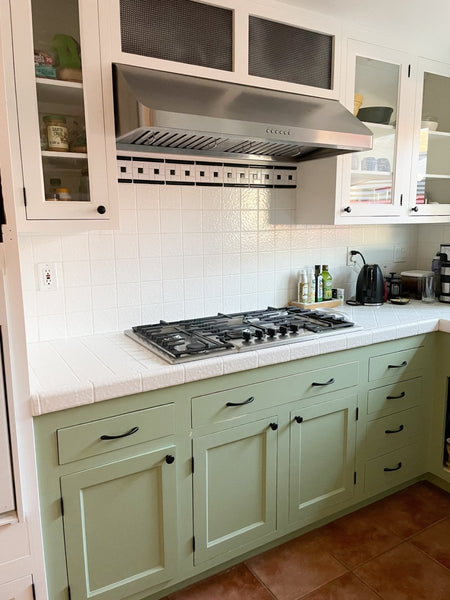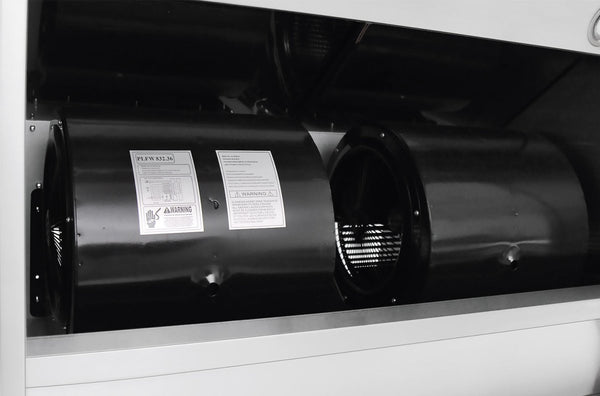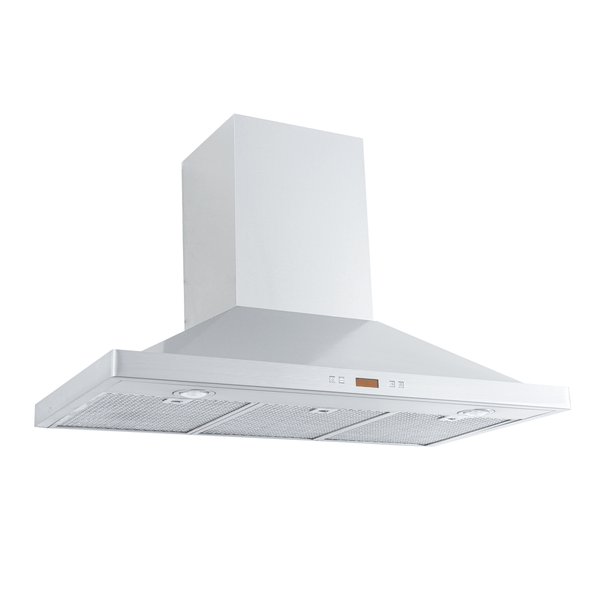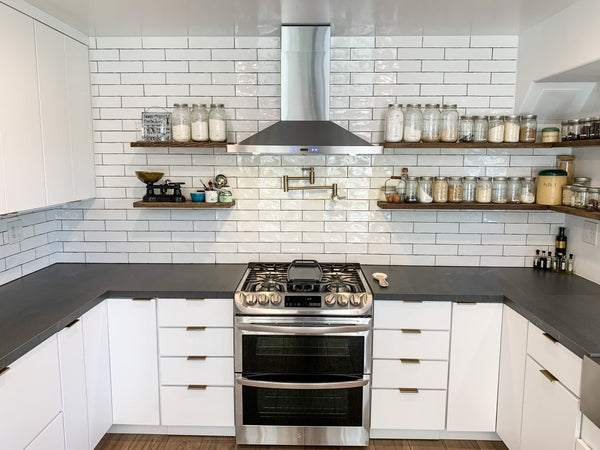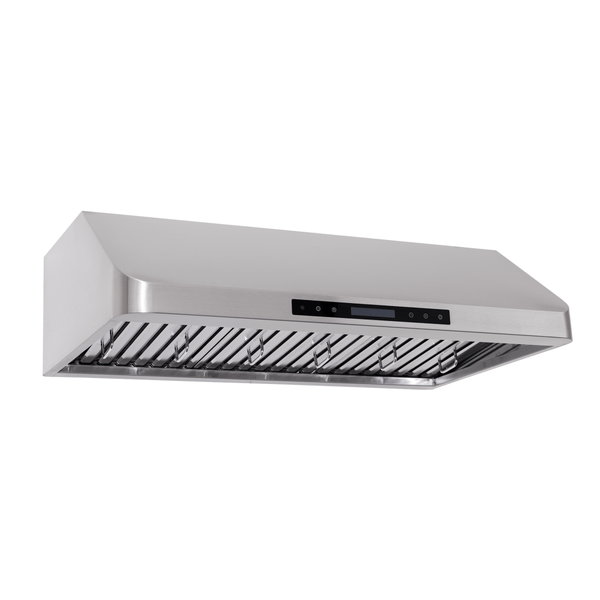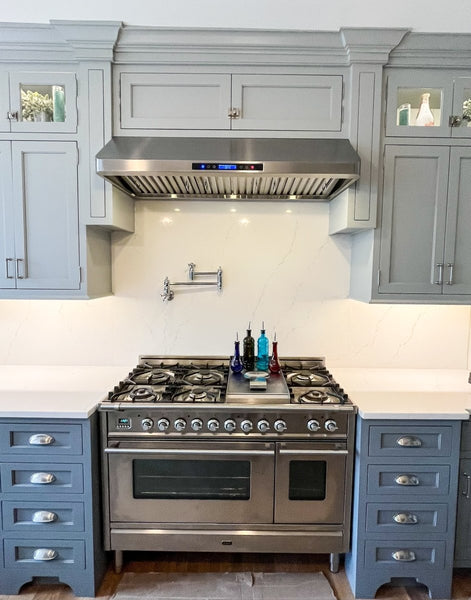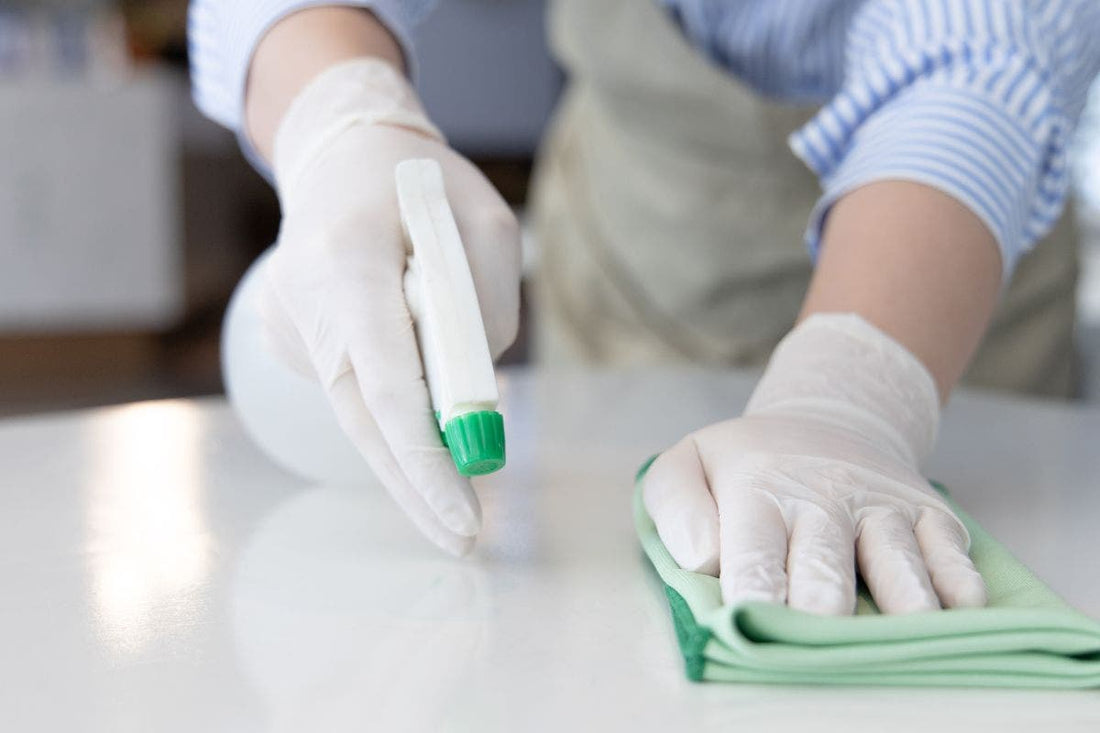Despite the fact that the majority of bacteria are benign or even helpful, there are those that we should be careful not to come into contact with because they may damage us.
It's important to do everything in your power to stay on top of the cleaning and sanitizing of the areas you contact the most, especially in places like the kitchen and bathroom where millions of germs and bacteria thrive.
If you’re someone who prefers not to use chemical cleaners in your home, or even if you just enjoy experimenting with homemade solutions, we have two incredible antibacterial cleaner recipes that you’re bound to love.
Before you know it, your home will smell amazing and be completely germ-free!
Why You Should Use Homemade Antibacterial Cleaner?
Even while it's impossible to eliminate artificial chemicals, switching to DIY cleaning products completely will help you get rid of some of the dangerous chemicals.
Commercial cleaners frequently include toxic and poisonous chemicals, which are especially dangerous for those who have allergies or asthma.
On the other hand, DIY natural antibacterial cleaners use generally considered safe components. Make sure to account for the possibility of adverse reactions when making this antibacterial cleaner, because naturally occurring substances can also trigger allergies.
How To Make Homemade Antibacterial Surface Spray
What You Need
- ¼ cup of distilled water
- ¼ cup of 70% or higher isopropyl alcohol
- ¼ cup of white vinegar
- 20 drops of disinfecting essential oil
- 1 spray bottle
Directions
- Pour the alcohol into a spray bottle.
- Add the disinfecting essential oil of your choice.
- Shake the bottle to combine the ingredients.
- Once combined, add the vinegar.
- Shake the bottle again.
How To Use
Apply large amounts of spray to surfaces and let rest for four full minutes before cleaning with a fresh cloth or paper towel.
Always wipe in a single direction to avoid unintentionally reinfecting the surface. If using steam, steam the counter with a steamer after wiping it down, and then wipe it down again with a fresh cloth or paper towel.
Sprinkle baking soda first, then apply the antibacterial cleaner to surfaces that are more difficult to clean. Baking soda and vinegar together cause the mixture to froth.
Scrub the surface with a brush or sponge after waiting for about five minutes or until the foam has somewhat settled.
How To Make Homemade Antibacterial Wipes
What You Need
- 1 cup of 70% or higher isopropyl alcohol
- 2 cups of warm distilled water
- 10 drops of disinfecting essential oil
- 1 tablespoon of dish soap
- 1 roll of paper towel
Directions
- Put the paper towels in a sealable glass container.
- In a large glass measuring cup, combine the alcohol or vodka, dish soap, essential oil, and distilled water, then mix well.
- Pour over the paper towels.
- Seal and allow the paper towels to absorb the liquid for 30 minutes.
How To Use
To use your wipes, simply take one from the container and wipe the surface, making sure to wipe in one direction.

How To Make Homemade Antibacterial Hand Sanitizer
What You Need
- Distilled water
- 2 tablespoons of 70% or higher isopropyl alcohol
- 2 tablespoons of aloe vera gel
- 10 drops of disinfecting essential oil
- 1 vitamin E capsule
Directions
- Add the alcohol to a 3-ounce spray bottle.
- Prick the vitamin E capsule with something sharp and squeeze 6 drops of the oil into the bottle.
- Add your essential oil and aloe vera gel to the bottle.
- Top up the bottle with distilled water.
- Shake well and spray onto hands as needed.
Essential Oils You Can Use
For this homemade antibacterial cleaner, you can use any essential oil you like, however, some essential oils have disinfectant properties. Including these types of essential oils in your antibacterial cleaner only makes sense!
Essential oils are plant components that, after being extracted by a process of distillation or cold pressing, capture the flavor and aroma of the plant.
Most often used in cleaning or skin care products, dispersed in the air for aromatherapy, or absorbed through the skin with the aid of a carrier oil, these oils are often not intended for oral consumption.
Due to their strength, essential oils can be used to destroy unwanted bacteria and organisms in a way that is both safer for your body and the environment. Here are some of the best essential oils you can use in your homemade antibacterial cleaner:
1. Lemon
Lemon is well known for having both antiviral and antibacterial properties. It works especially well in the kitchen to remove stubborn grease. Additionally, it has a beautiful energizing scent that, after you're done cleaning, really makes your home smell fresh and clean.
2. Peppermint
Strong antimicrobial properties are present in peppermint essential oil.
Using this essential oil in your homemade cleaner will not only give a lovely menthol aroma but will also make the cleaner more efficient against common germs because it has been proven to be effective against many different types of bacteria.
3. Orange
Orange is an excellent alternative to lemon in your kitchen when grease may have accumulated. To clean your floors, you can also mix orange essential oil into a diluted vinegar and water solution.
4. Lavender
Although lavender essential oil is frequently used for its calming and soothing qualities, it also possesses antimicrobial characteristics. It works great in your homemade cleaner and might even make it easier for you to fall asleep!
5. Pine
Many well-liked cleaning products contain pine and for good reason. It does an excellent job of eliminating home germs and leaves behind a clean, fresh scent.
6. Eucalyptus
A few drops of eucalyptus oil are wonderful for naturally removing odors because they destroy microorganisms. It works well to clean up messes in the kitchen and bathroom and is best known for its respiratory benefits
7. Tea Tree
Due to its antibacterial qualities, the tea tree essential oil has been used historically as a wound treatment. Even though tea tree essential oil's potent, overpowering perfume isn't everyone's cup of tea, you can use it in your cleaner if you enjoy the way it smells.
Where To Use Your Homemade Antibacterial Cleaner?
This antibacterial cleaner can be used in the kitchen to clean cutting boards, countertops, and other surfaces that require antibacterial cleaning.
The homemade cleaner can also be used to clean the sink, toilet, shower, or bathtub in the bathroom. However, because it contains vinegar, you should avoid using it on granite or stone surfaces.
Final Thoughts
Making your own homemade antibacterial cleaners is easy and will help you feel better about what you use in your home while steering away from potentially harmful chemicals.
The essential oils you use will also leave your home smelling exquisite and fresh. With this guide, you’ll be able to make an antibacterial spray, wipes, and hand sanitizer ready for daily use.
Other Articles
